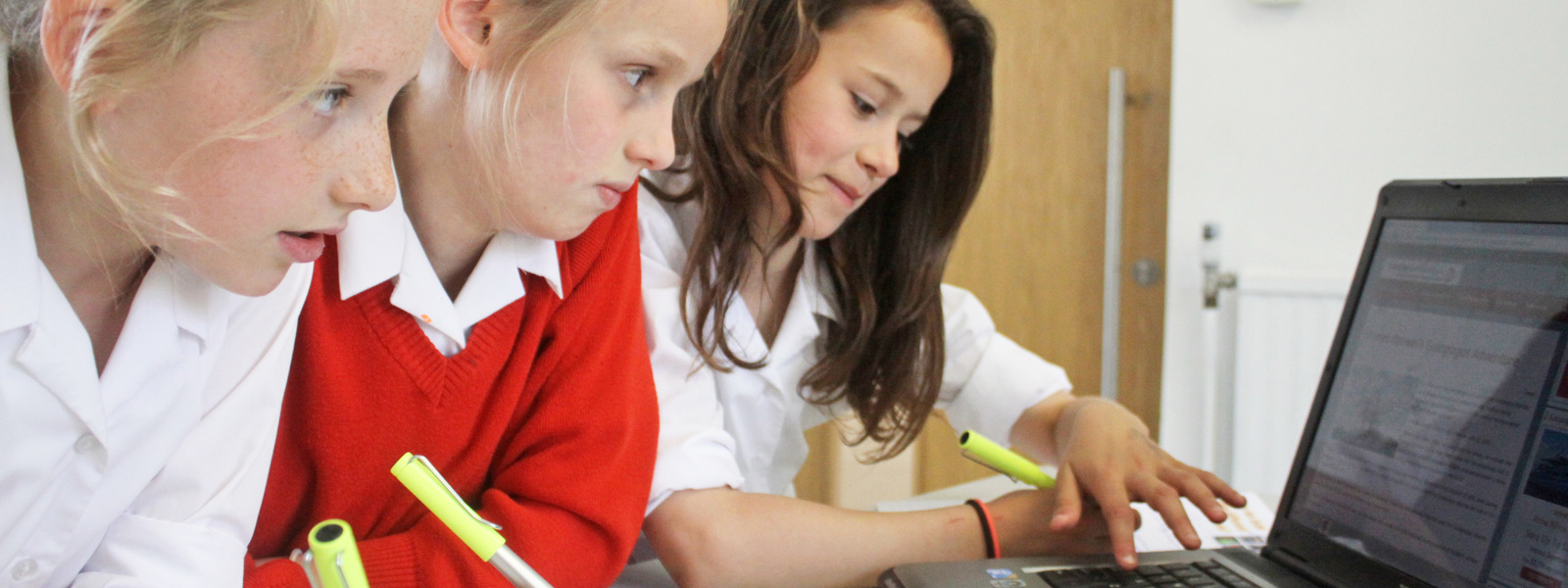
In Self-Organised Learning Environment (SOLE) lessons children work together in small groups of 3 or 4 to answer an open-ended, non-trivial question such as “Why do birds have different-shaped beaks?”. Each group is given a computer and is free to explore the resources at their disposal to come up with the answer. Groups then present their findings to the class at the end of the lesson. Open group discussions are encouraged and children are free to exchange information with their peers, or change to another group at will. The teacher does not direct the learning in the traditional sense, but instead offers positive encouragement and ensures all the children are engaged and actively participating. By giving the children control over their own learning, not limiting them in the scope of their research or forcing them down a particular route, they develop a passion for their subject matter, widen the breadth of material covered, develop research skills and become more independent learners.
In SOLE lessons the children have researched questions such as: “How do delocalised electrons affect the chemistry of Carbon?”(Science); “According to Determinism, there is no such thing as free will and therefore people should not be punished for wrongdoing. Do you agree?” (Philosophy); “This House believes that human rights always come before animal rights” (English Debating); “How Were Men Recruited to Fight in WWI?” (English); “How can one flat sheet of acrylic be used to hold 8 pencils securely in a vertical position?” (Design Technology).